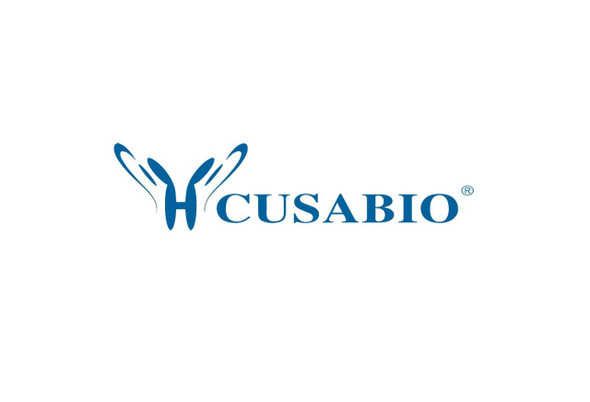Cusabio Active Proteins
Recombinant Mouse C-X-C motif chemokine 3 protein (Cxcl3) (Active) | CSB-AP001091MO
- SKU:
- CSB-AP001091MO
- Availability:
- 5 to 10 Working Days
Description
Recombinant Mouse C-X-C motif chemokine 3 protein (Cxcl3) (Active) | CSB-AP001091MO | Cusabio
Protein Description: Partial
Alternative Name (s) : Dendritic cell inflammatory protein 1,
Gene Names: Cxcl3,Dcip1,Gm1960
Research Areas: Immunology
Species: Mus musculus (Mouse)
Source: E.Coli
Tag Info: Tag-Free
Expression Region: 28-100aa
Sequence Info: AVVASELRCQ CLNTLPRVDF ETIQSLTVTP PGPHCTQTEV IATLKDGQEV CLNPQGPRLQ IIIKKILKSG KSS
Biological Activity: Fully biologically active when compared to standard. The biological activity determined by a chemotaxis bioassay using human CXCR2 transfected human 293 cells is in a concentration range of 10-100 ng/ml.
MW: 7.9 kDa
Purity: >97% as determined by SDS-PAGE and HPLC.
Endotoxin: Less than 1.0 EU/µg as determined by LAL method.
Relevance: Ligand for CXCR2. Has chemotactic activity for neutrophils. May play a role in inflammation and exert its effects on endothelial cells in an autocrine fashion. {ECO:0000250|UniProtKB:Q10746, ECO:0000269|PubMed:14764687}.
PubMed ID: 14764687; 16141072; 15489334
Notes: Repeated freezing and thawing is not recommended. Store working aliquots at 4℃ for up to one week.
Function: Ligand for CXCR2. Has chemotactic activity for neutrophils. May play a role in inflammation and exert its effects on endothelial cells in an autocrine fashion.
Involvement in disease:
Subcellular Location: Secreted
Protein Families: Intercrine alpha (chemokine CxC) family
Tissue Specificity:
Paythway:
Form: Lyophilized powder
Buffer: Lyophilized from a 0.2 µm filtered PBS, pH 7.4
Reconstitution: We recommend that this vial be briefly centrifuged prior to opening to bring the contents to the bottom. Please reconstitute protein in deionized sterile water to a concentration of 0.1-1.0 mg/mL.We recommend to add 5-50% of glycerol (final concentration) and aliquot for long-term storage at -20℃/-80℃. Our default final concentration of glycerol is 50%. Customers could use it as reference.
Uniprot ID: Q6W5C0
Uniprot Entry Name: CXCL3_MOUSE
HGNC Database Link: N/A
UniGene Database Link: UniGene
KEGG Database Link: KEGG
STRING Database Link: STRING
OMIM Database Link: N/A









